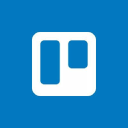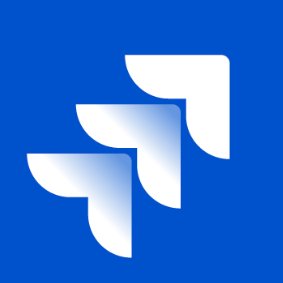On Launching A Digital Service Firm [From Baltimore]
I’m the CEO and founder of Fearless, a full-stack digital services firm in Baltimore, Maryland with a mission to create software with a soul - tools that empower communities and make a difference. Fearless has partnered with the Government to successfully launch multiple projects which include:
- SBA.gov: We run the digital face and all infrastructure that powers SBA.gov. The SBA supports small business owners across the US, and its digital platform is chock full of information and resources.
- Search.gov: A platform that supports nearly 2,000 search boxes on Federal websites, free of charge. It provides both critical searching capabilities to these sites and key information on trends, queries, and results for administrative users.
- US Air Force (BESPIN): A center of excellence in digital, mobile, data, and technology. BESPIN collaborates with divisions throughout BES to help them with their transformations, working with them to build teams, platforms, standards, and digital services.
I’m...

Download the report and join our email newsletter packed with business ideas and money-making opportunities, backed by real-life case studies.

Download the report and join our email newsletter packed with business ideas and money-making opportunities, backed by real-life case studies.

Download the report and join our email newsletter packed with business ideas and money-making opportunities, backed by real-life case studies.

Download the report and join our email newsletter packed with business ideas and money-making opportunities, backed by real-life case studies.

Download the report and join our email newsletter packed with business ideas and money-making opportunities, backed by real-life case studies.

Download the report and join our email newsletter packed with business ideas and money-making opportunities, backed by real-life case studies.

Download the report and join our email newsletter packed with business ideas and money-making opportunities, backed by real-life case studies.

Download the report and join our email newsletter packed with business ideas and money-making opportunities, backed by real-life case studies.




















